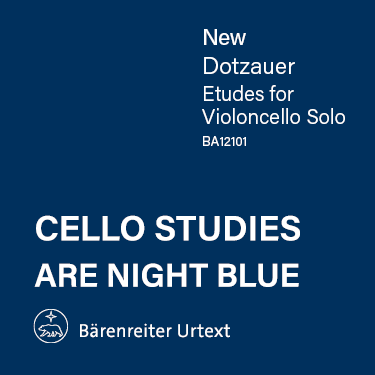
Author: Selma Gokcen
Selma Gokcen, born in America of Turkish parentage, has received critical acclaim for her imaginative programming. Along with Bernard Greenhouse and Jonathan Kramer, she presented a programme at London’s South Bank Centre, in New York and at the Kennedy Center entitled Pablo Casals: Artist of Conscience, celebrating the life and music of the legendary cellist.
Ms. Gokcen has performed with L’Orchestre de la Suisse Romande, the Presidential Symphony in Ankara, the Istanbul State Symphony Orchestra, the Houston Symphony, the North Carolina Symphony, and the Aspen Philharmonia, among others. Her recital appearances have taken her to such cities as Boston, New York, Washington, D.C., Los Angeles, Palm Beach, Charleston, S.C., and to Belgium, Italy and Turkey. In South America, she has toured under the auspices of the U.S. State Department. She has concertized in Australia and New Zealand, and given master classes in Sydney, Melbourne, Auckland, Wellington and Christchurch.
In addition to solo appearances, she is an accomplished chamber musician and has participated in the Chamber Music West Festival in San Francisco, the Southeastern Music Festival, the Hindemith Festival in Oregon, and the Accademia Chigiana in Siena.
Ms. Gokcen holds the Doctorate of Musical Arts, as well as a Bachelor’s and Master’s degree from the Juilliard School, where her teachers included Leonard Rose, Channing Robbins, William Lincer and Robert Mann. She was awarded a First Prize from the Geneva Conservatory of Music as a pupil of Guy Fallot, and also studied privately with Pierre Fournier. In 1999 she was chosen by one of Spain’s greatest composers, Xavier Montsalvatge, to record his complete works for cello. She has also recorded Songs and Dances in Switzerland for the Gallo label.
In 1988, Ms. Gokcen became interested in the Alexander Technique, prompted by a lifelong fascination with the roots of habits and the difficulties of modifying them. Students often entered her cello studio seeking changes but unable to resolve their problems.
Eventually her reading brought her to the Alexander Technique, a discipline described by its founder as "learning to do consciously what nature intended". She came to London in 1994 and enrolled in a teacher training program at the Centre for the Alexander Technique.
Ms Gokcen was qualified as a fully-fledged teacher by the Society for Teachers of the Alexander Technique in 1998. In September 2000 she was appointed to the faculty of the Guildhall School of Music and Drama, where she is also a professor of cello. She works with string, wind and brass players, singers and composers. She also incorporates her Alexander Technique teaching as part of her cello studio.
The Alexander Technique embraces what is today called holistic thinking--an indivisibility of the mind-body connection and the awakening of awareness of what Alexander called the "use of the whole self", which affects our functioning in all our activities, especially the highly complex skill of music-making. It is particularly useful in addressing breathing, coordination, and muscle tensions. Most importantly, the quality of attention developed through the practice of the Technique can transform a musician's relationship with their instrument and their audience.
Selma Gokcen is also the co-founder and Co-Chair of the London Cello Society.
By Selma Gokcen October 22, 2011
Subjects Playing Healthy
By Selma Gokcen July 9, 2011
Subjects Playing Healthy
By Selma Gokcen May 18, 2011
Subjects Playing Healthy
Tags Alexander Technique, artistry, artists, back, balance, body awareness, Coordination, gestures, Gokcen, Habits, head, nature, productive, Selma, sensory awareness, Spine, sports, training
By Selma Gokcen April 25, 2011




